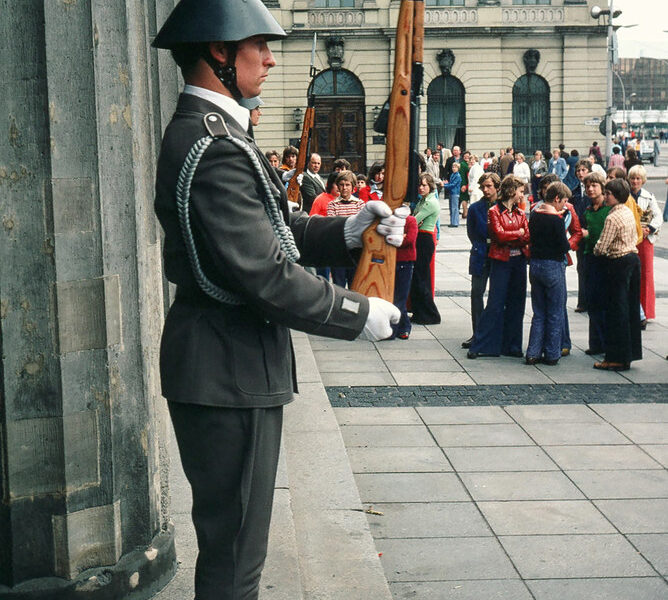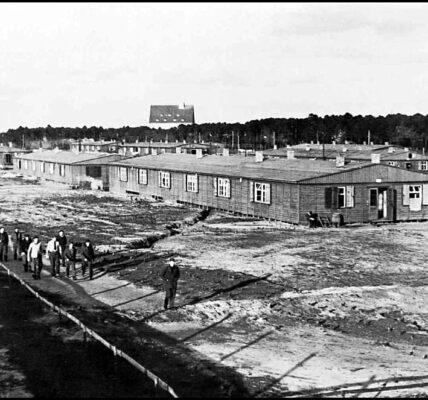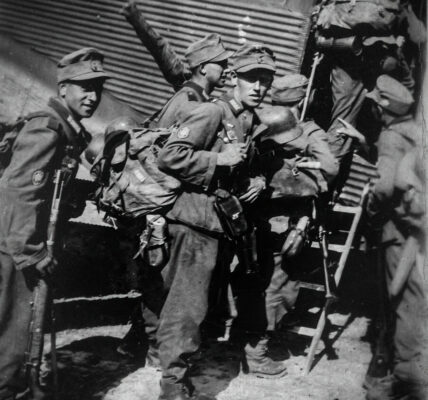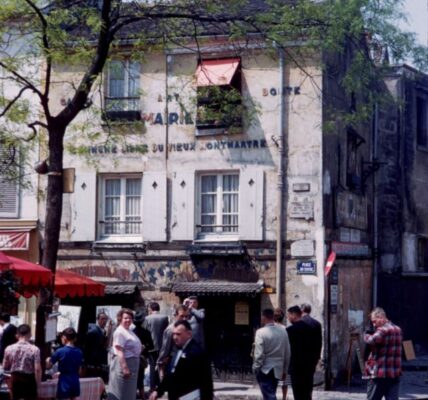The Last Days of the GDR: 40 Fascinating Photographs Capturing Everyday Life in Berlin in the Late 1980s
Between 1961 and 1989, the Berlin Wall divided East and West Germany, preventing mass exodus after World War II. During the Cold War, it also served as a symbolic dividing line between democracy and communism. The Wall was built in the middle of the night but torn down just as quickly 28 years later, leading to German reunification.
In January 1988, Erich Honecker paid a state visit to France. By all appearances, the long period of international isolation seemed to have been successfully overcome. The GDR finally seemed to be taking its long-awaited place in the international community. In the eyes of the communists of the GDR’s old guard, the long-awaited international political recognition was considered a favorable omen, symbolically coinciding with the fortieth anniversary of the founding of the East German state.
Despite Honecker’s declaration in January 1989 that “the Wall will still be standing in fifty years, and even in a hundred years,” the effects of glasnost and perestroika were already clearly felt in the Soviet Union and throughout Eastern Europe. Although the GDR leadership attempted to deny the reality of these developments, for most East Germans, the reforms of Soviet leader Gorbachev symbolized a new era that would inevitably reach the GDR as well. The GDR leadership’s desperate attempts to suppress news from the Soviet Union by preventing the distribution of Russian news magazines only intensified the growing protest among the population.
On October 7, the GDR leadership celebrated the 40th anniversary of the founding of the state of East Germany in Berlin. In his speech, Honecker sharply condemned the FRG for its interference in the GDR’s internal affairs and for encouraging protests. Still convinced of his mission to ensure the GDR’s survival as a state, he declared: “Socialism will be stopped neither by oxen nor donkeys.” The prophetic rejoinder of Gorbachev, the guest of honor at the celebrations, quoted to the international press, more accurately reflected the impending reality: “Those who come too late will feel the consequences of history.”












































